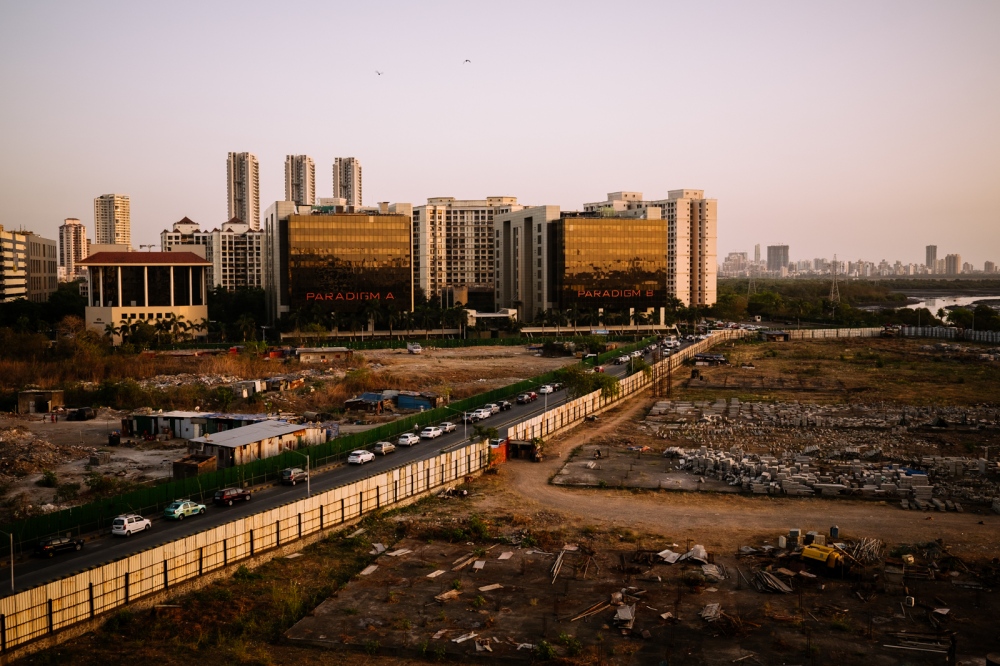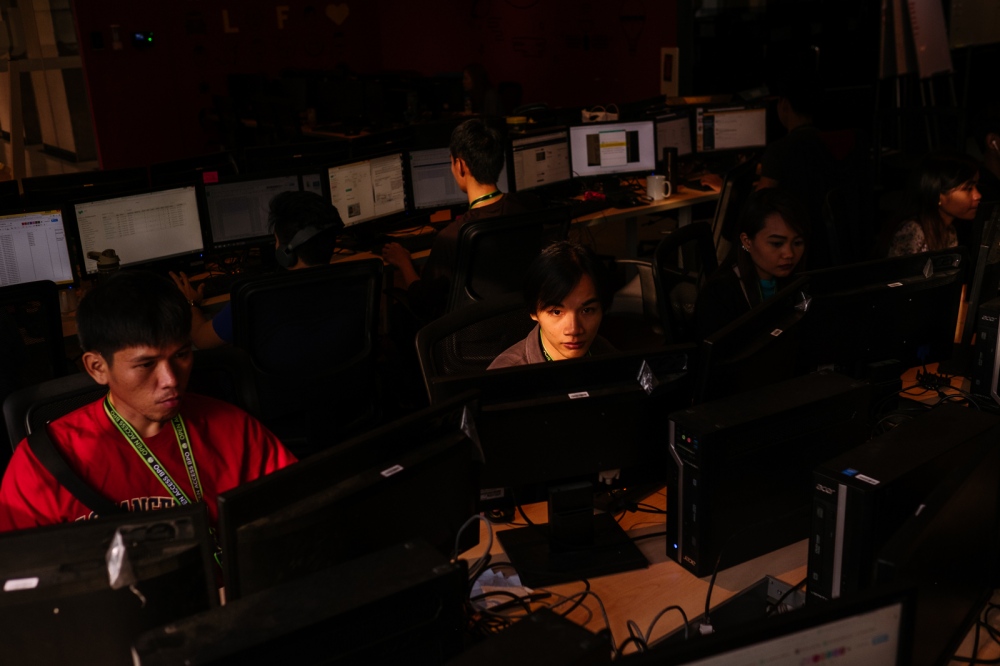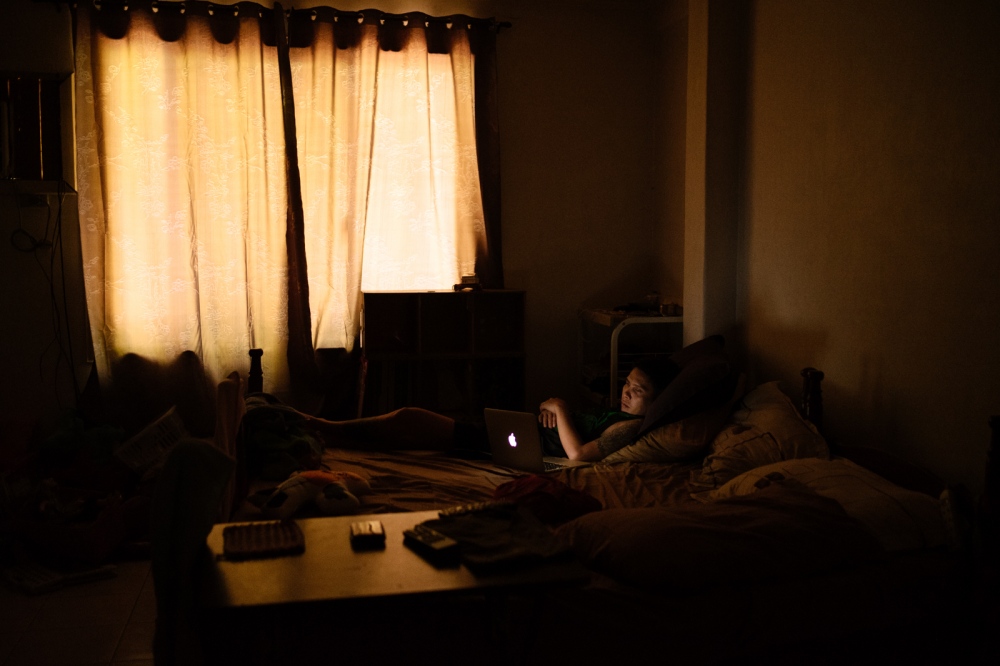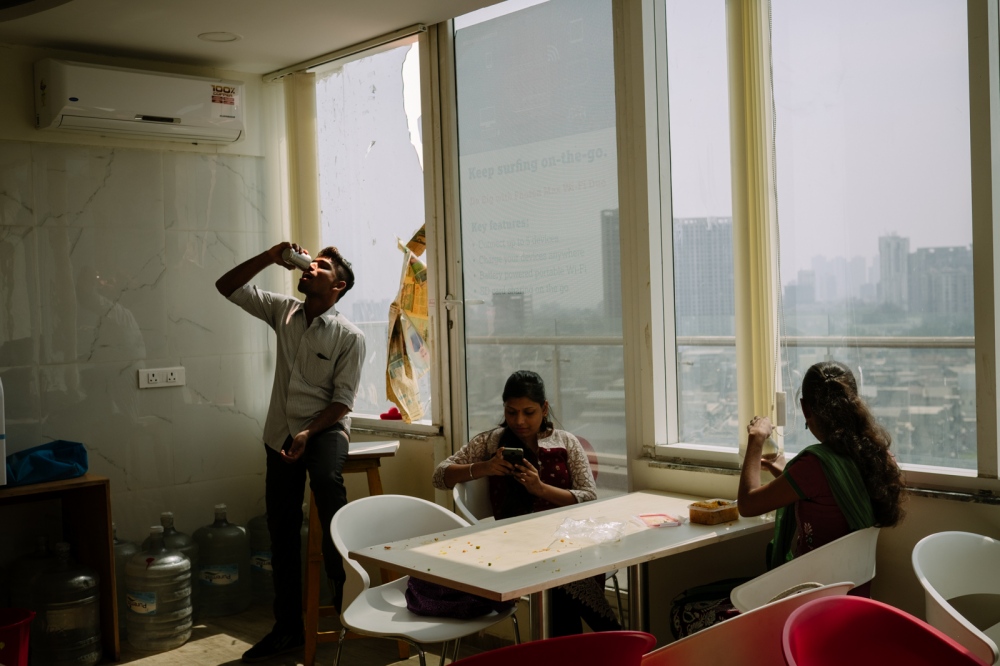"How can I help you? - the faceless life behind call centres" is my ongoing photo-essay on call centres and the daily life of their employees. The whole project is focusing on 7 different countries: India, Philippines, United Kingdom, Bulgaria, Nigeria, Colombia and USA. I want to reveal the lives of this faceless people with whom we may talk on a regular basis. Who are these workers? How old are they? How do they live? These are questions I intend to answer with this project.
When I worked in a Call Centre in London (2015), it helped me paying my bills and it made me see this reality from an inside perspective. Together with the research I did, I acknowledge how big and worldwide this industry is. Moreover, so far this topic hasn´t been covered in-depth, which makes me even more interested to share these workers´ stories!
From February to May 2016, I covered the first two chapters: India and the Philippines (presented here), which are two of the most important countries in this industry. Together they employ almost two million people who are mostly calling the USA and the UK. These workers do mostly night shifts due to the time difference to the countries they are in touch with and they are immersed in a westernised culture as a result of their work.
The Philippines is the new leader in this business, it overtook India in 2011. Workers there get paid slightly more when compared to India. They earn from 200 to 1000 USD/ month. A call centre agent in Manila might get payed twice or three times more than a nurse working in a Hospital, for instance. The "boom" of call centres in the Philippines changed the prospects of the younger generation.
After India and Philippines, I realised even better how much these people value their job and how crucial is to make my project globally to give them "a voice". This job is enabling these workers a living. However, there is a question mark about the future of the industry. The developing of technology is likely to replace the human work in the future. In addition, these companies are always searching for cheaper outsourcing work, so they keep moving from country to country.
In the next three years I will be covering the other 5 countries. Each one will add particular and key aspects to this project.
I am now documenting this reality in the UK, where the industry has been growing in the past years. Costumers complaints about the quality of the work outsourced in India made many British companies to bring their costumers' service back to UK. Scotland, Northern Ireland, Wales and Midlands are the biggest hubs in this business there, not only due to the fact their accents are clearly from United Kingdom but also because the wages are lower than in big cities like London or Manchester.
Bulgaria is one of the biggest European countries in this business, mostly because of the relation quality/ price they offer. Colombia is a key country for South America, especially for the Spanish speakers. Nigeria, a former English colony, has an essential role on this industry in Africa and provides outsourced work in English to other parts of the world. Finally, it is crucial to cover this reality in USA. First because, it is one of the countries outsourcing more from the Philippines and India. And second, surprisingly, the USA employs in-house more than two million call centre workers. Texas and Florida are the two more important States in the industry. For me it´s relevant to understand what are their working conditions and how it impacts their livings comparing to the professionals in the other countries.
I strongly believe it is very important to produce a document as a legacy about these workers which one day will be replaced by technology and who have been forgotten! Making this project globally will show the cultural diversity and the social and economic contrasts from country to country in a profession that employs millions of people worldwide.




















